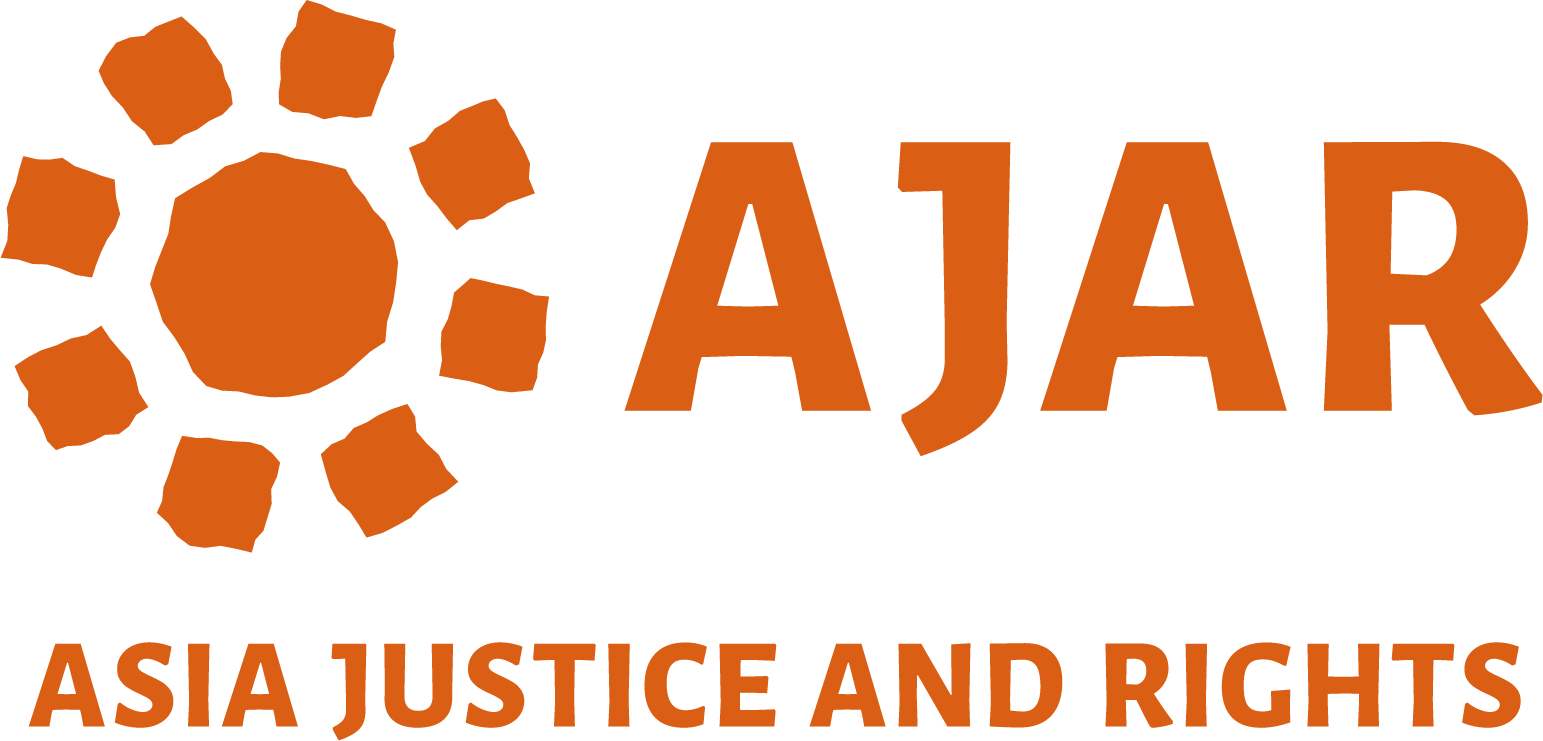
Refugees at Teknaf departure point, in the Cox’s Bazar District
Material reparations are concrete forms of assistance to victims that may include:
Restitution seeks to restore the victim to the original situation before violations occurred. Restitution may include: restoration of liberty; enjoyment of human rights (identity, family life, citizenship); return to one’s place of residence; restoration of employment; and return of property, returning victims to their original situations as much as possible; e.g., re-employment, full citizenship, the return of stolen property, or the repair of damaged property, proper burial of victims (families are able to have appropriate ceremonies).
Compensation should be provided for any economically assessable damage, such as:
- Physical or mental harm
- Lost opportunities, including employment, education, and social benefits
- Material damages and loss of earnings, including loss of earning potential
- Moral damage
- Costs for legal assistance, and medical, psychological, and social services
Rehabilitation includes medical and psychological care, legal and social services. Provision of services to help addresses victims’ needs such as special services for education, and mental and physical health including special counselling; legal aid; and economic assistance, such as access to micro-credit schemes, one-off payments, or monthly pensions
Guarantees of non-repetition should include the following measures that may also contribute to prevention:
- Ensuring effective civilian control of military and security forces
- Ensuring that all civilian and military proceedings abide by international standards of due process, fairness and impartiality
- Strengthening the independence of the judiciary
- Protecting persons in the legal, medical and health-care professions, the media and other related professions, and human rights defenders
- Providing, on a priority and continued basis, human rights and international humanitarian law education to all sectors of society and training for law enforcement officials as well as military and security forces
- Promoting the observance of codes of conduct and ethical norms, in particular international standards, by public servants, including law enforcement, correctional, media, medical, psychological, social service, and military personnel, as well as by economic enterprises
- Promoting mechanisms to prevent social conflicts and monitor their resolution
- Reforming laws that contribute to or allow gross violations of international human rights law and serious violations of international humanitarian law
